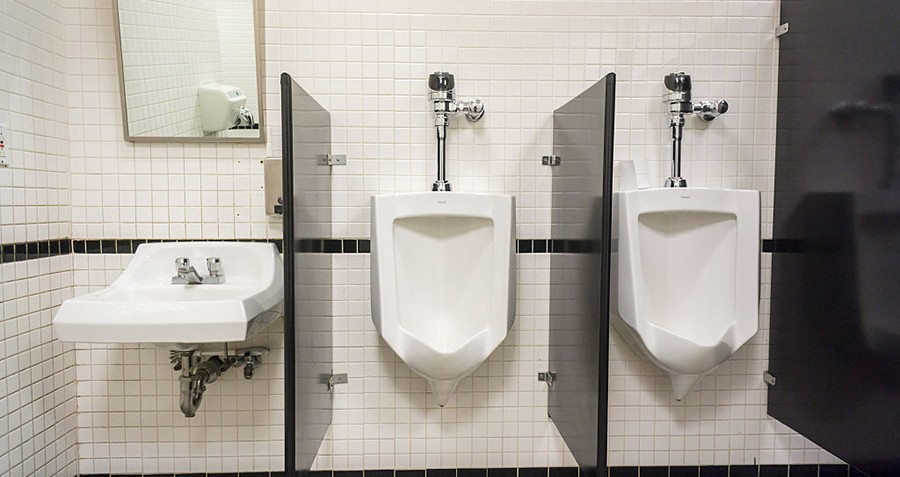
People may find themselves wanting to use public restrooms when they carefully resume travel amid the COVID-19 pandemic. Finding a public restroom may not be a problem if you're flying. If you're on a road trip, however, finding a public restroom may be more difficult. Is it safe to use a bathroom once you discover one? Follow these tips for finding public bathrooms near me and decreasing your chances of contracting germs.
Many states have only partially reopened (and some that had begun to reopen have since closed again), so if you're planning a road trip, you should do your research ahead of time. Find out if there are open or closed restrooms at state rest stations, state parks, or campgrounds. Call ahead to see if you can use the facilities at convenience stores, truck stops, and fast-food restaurants. Check ahead of time because some places that are open to sell gas or offer food may not have reopened their bathrooms.
There are several smartphone apps available for both Apple and Android devices that can assist you find public restrooms. Because these tools don't always update to reflect temporary facility closures, you'll need to do your own research ahead of time. Some of the applications list not only city and state-run public restrooms, but also those in places like restaurants and cafés.

Regardless of how meticulously the public restroom cleaning checklist listed on the door is followed, public restrooms are notoriously germy. When entering a public restroom, try to open doors with your elbows or feet. Use a paper towel to protect your hands from contacting any surfaces. When available, use toilet seat covers. When you're finished, wash your hands properly and hold a paper towel to open the door to exit.
After washing, some public restrooms just have hand dryers (not paper towels). Hand dryers have been demonstrated in certain studies to spread bacteria, so avoid using them if at all feasible. Rather, wash as usual and then dry with your own paper towels. Always use a paper towel to open the restroom door to prevent touching the handle. If the restroom doesn't have a trash can, put your used paper towels in your own garbage bag or a neighboring trash can.
You should bring lots of hand sanitizer with you on your trip, whether you're flying or driving. Take advantage of the fact that the TSA now permits you to bring up to 12 ounces of hand sanitizer in your carryon luggage. (Hand sanitizer availability at your destination may be uncertain.) Hand sanitizer should be used regularly (ideally after each time you contact a public surface), and it should be fully rubbed in and applied an inch or two above your wrist for the best coverage. Even if you can't wash your hands with soap in a public washroom, hand sanitizer can provide peace of mind.
Most disinfection products must stay moist on a surface for up to four minutes to properly disinfect it. In terms of sanitizing a toilet seat before using it, that may not be possible. Swiping a seat, sink area, or door handle and allowing it to sit for a few moments will help to minimize the quantity of germs on the surface. If you put disinfectant wipes on the toilet seat, make sure the surface is completely dry before sitting. It's best not to sit directly on the disinfectant because it can irritate your skin.
If you have to wait in line to use a public restroom, make sure there is at least six feet between you and the other people in line. If possible, only utilize a public restroom if no one else is already inside. If you really must use a high-traffic restroom, keep a good physical barrier between yourself and others.